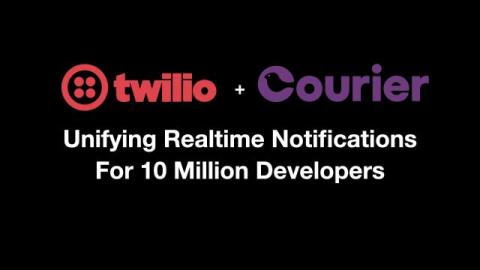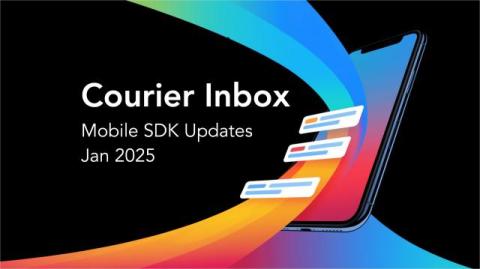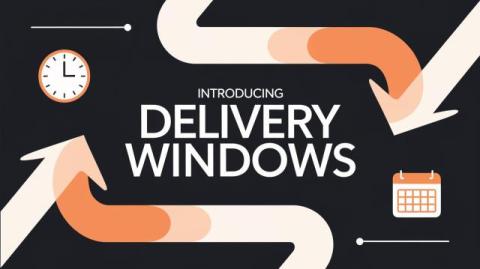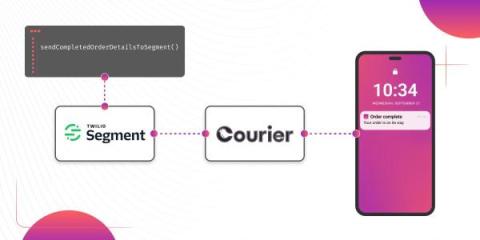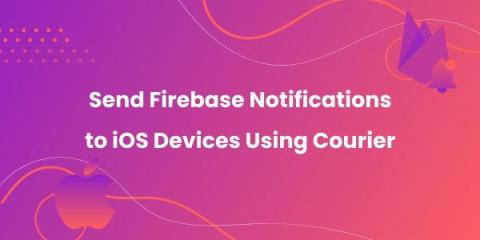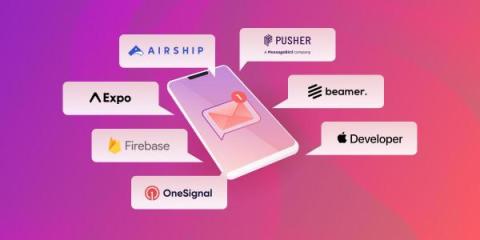Teams | Collaboration | Customer Service | Project Management
Latest Posts
Courier Inbox Mobile SDK Updates - January 2025
Smart Notification Scheduling with Delivery Windows
How to Set Up Automatic Push Notifications Based on Segment Events
Push notifications have carved their own niche as a powerful tool for continuous user engagement. Regardless of whether an app is actively in use, they deliver your messages straight to your user's device. Two useful tools to enhance your push notification strategy are Segment and Courier. In this article, we show you how to set up Courier to listen to your Segment events and then send push notifications to an Android device based on data from these events.
Best Practices for SMS Tools and Text Message API Implementation
Once upon a time, SMS was the crowning achievement of communications technology. It combined email’s asynchronous archive of messages with a portable device, allowing anyone to send and receive information anywhere they were. Today, widespread mobile internet access has somewhat eclipsed the main functionality of SMS, but it remains a dominant form for communication in many markets and in particular business cases.
How to Use a Push API to Send Notifications from your Mobile App
Perhaps because we are constantly swamped with push notifications, they can go overlooked as a messaging category. They are nevertheless an important medium of modern communication, and a more diverse one than you might think. Push notifications initialize interactions between a recipient and a sender, in an era of communication where response times are measured in seconds. Such high-frequency information requires effective distillation to remain efficient and to avoid flooding recipients with noise.
How to Send Firebase Notifications to iOS Devices Using Courier
Firebase offers useful SDKs for both iOS and Android apps. It provides database services, analytics, and push notification tools. It also works with most programming languages, including Swift. If you're reading this article, you've probably already come across Firebase and its Cloud Messaging tool, which can be used to send push notifications to both Android and iOS devices.
Toast messages, their use cases, and examples
In-app messages are becoming increasingly popular as a method for products to communicate with their users. The tools for sending those messages are maturing and certain standards are becoming expected for specific types of messaging. One such standard is the toast message, a short-lived note that gives the user some feedback or direction.
How to Choose the Right SMS API for Your Project
SMS is the most reliable and highly-read notification channel, making it a popular choice for developers who want their systems to send notifications to their users. If you’ve got an application that needs to send out short, important, time-sensitive messages, you should consider integrating an SMS API into your system to help you handle this. In this article, we explain how to choose the right SMS API provider for your needs.
Top 7 Push Notification APIs
Most people who interact regularly with smartphones and tablets are familiar with what a push notification is. They want their calendar application to post an alert to their mobile or desktop interface, for example, whether or not they have the app open or their screen locked. If they want to change when, how, or if they receive notifications at all, they simply adjust those in the application settings. For app developers, push notifications are a great way to keep users engaged with a product.


